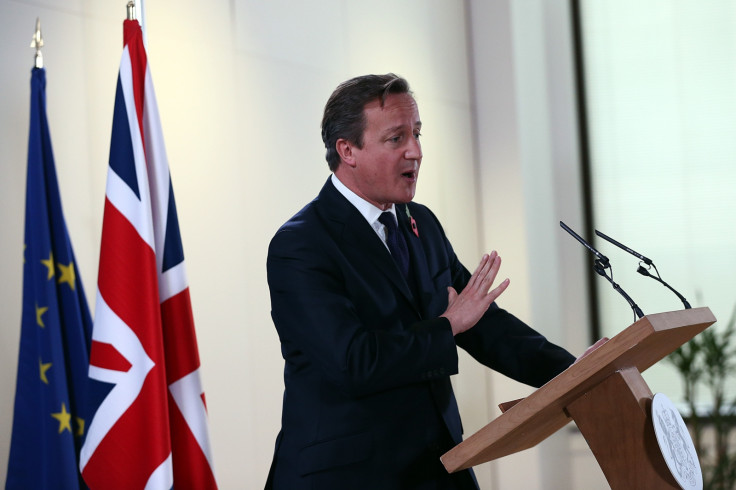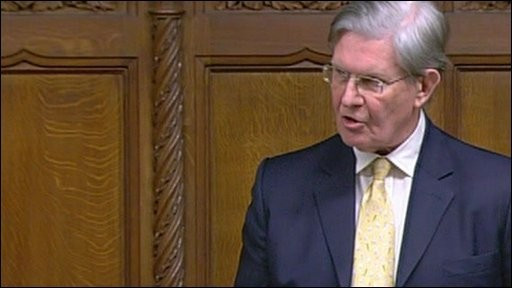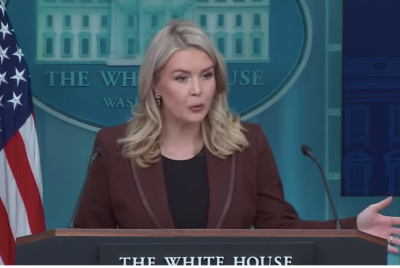David Cameron to make concessions to Tory eurosceptics to head off referendum revolt

David Cameron is making a last-ditch bid to prevent a mass rebellion of Tory bank benchers over the EU Referendum Bill by signalling he could compromise on its rules.
Eurosceptic MPs – who make up around one-third of the parliamentary party and an unknown number of ministers – believe Cameron may try to help the "In" vote by using the civil service to make the case for continued membership.
And ministers tabled an amendment to the EU referendum bill on Monday evening, ruling out a vote on 5 May 2016.
However, a Downing Street spokesman said the move was a concession to MPs' concerns.
The government is also expected to address concerns over the "purdah" period, which restricts campaigning before a referendum is held.
Speaking after the amendment was tabled on 15 June, the Number 10 spokesman said: "We have listened to the views expressed by MPs across the house and decided that we won't hold the referendum on 5 May 2016."
That date is the same day elections to the Scottish Parliament and Welsh and Northern Irish assemblies are being held, along with the London mayoral election.
Elections will also be held that day in 126 English local authorities, and all Welsh and Scottish councils.
The eurosceptic rebels have threatened to vote against the government when the Bill comes to parliament on 16 June.

And Sir William Cash, who has led Tory eurosceptic rebels since the premiership of Sir John Major, has tabled amendments to the Bill to ensure the government cannot publish pro-European reports in the period before the vote, nor hold the referendum on the same day as other elections.
According the Financial Times, Tory whips and ministers attempted to defuse the rebellion by promising MPs "credible assurances" that government resources would not be used to campaign for Britain to stay in Europe.
"There will be some warm words about not using government resources and the civil service, while still giving the government the freedom to make the case," said one minister. Government figures also said Mr Cameron was prepared to draw up written assurances if necessary.
The Bill is likely to pass its reading in parliament because Labour, the Scottish National Party and the Liberal Democrats have pledged to support it.
© Copyright IBTimes 2025. All rights reserved.



















